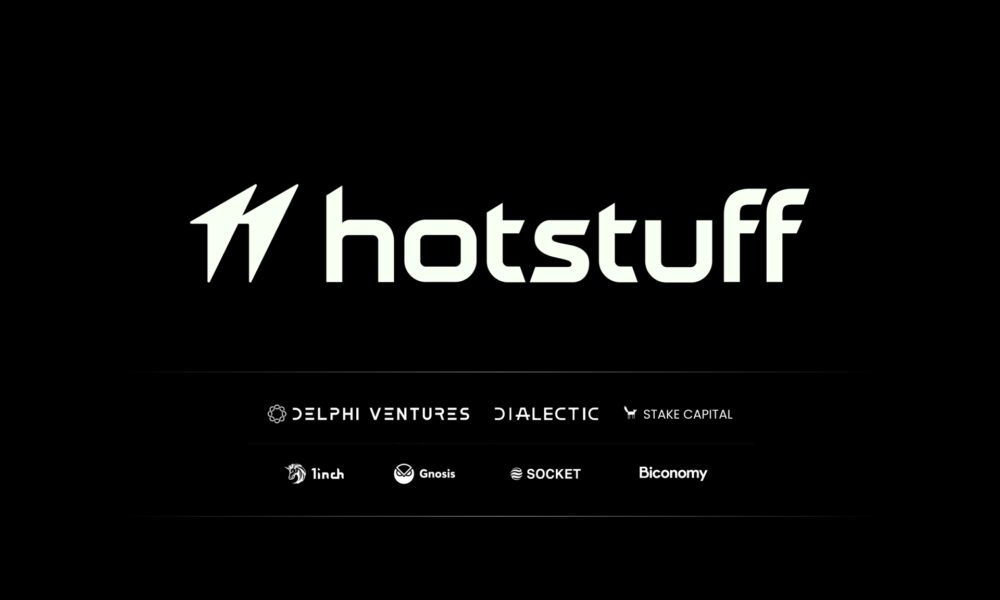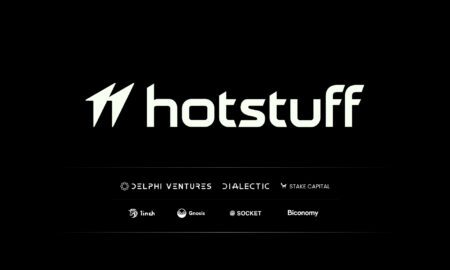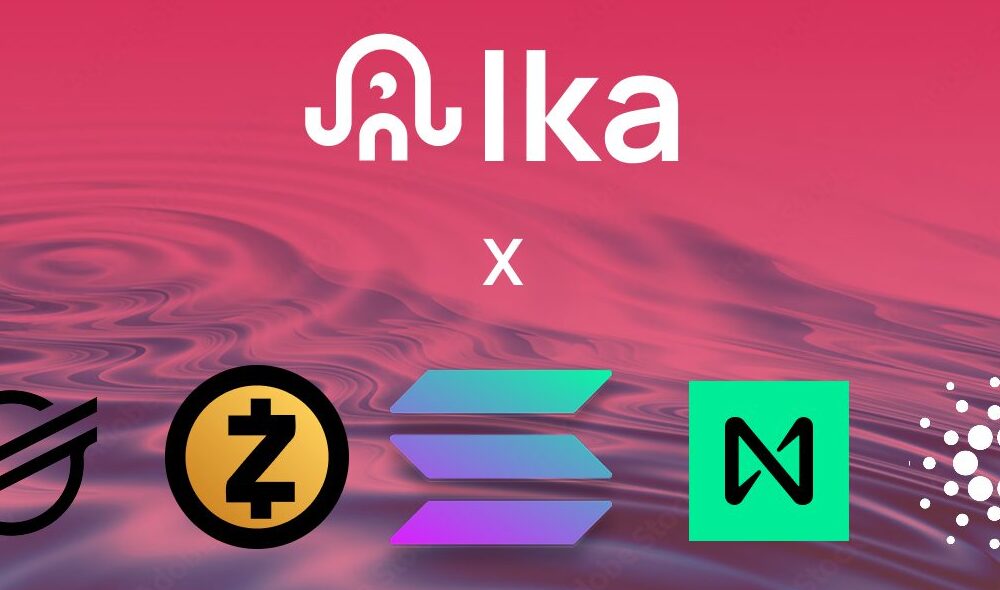Google agreed to pay $28 million to settle a class action lawsuit claiming that it favored white and Asian employees by paying them more and putting them on higher career tracks than other workers.
TakeAway Points:
- A class action lawsuit alleging that Google discriminated against Asian and white workers by paying them more and placing them on better career paths than other workers was settled with Google for $28 million.
- Samsung Electronics is preparing for a rough annual general meeting on Wednesday with shareholders unhappy by its failure to ride a boom in artificial intelligence that made it one of the worst-performing tech firms last year.
Discrimination laswsuit
The accord with Google, a unit of Alphabet, won preliminary approval last week from Judge Charles Adams of the Santa Clara County Superior Court in California.
He called the settlement fair, reasonable and “a good result for the class” of at least 6,632 Google employees in California between February 15, 2018, and December 31, 2024.
Google spokesperson Courtenay Mencini confirmed the settlement on Tuesday, but said, “We continue to disagree with the allegations that we treated anyone differently, and remain committed to paying, hiring and leveling all employees fairly.”
The lawsuit was led by Ana Cantu, who identifies as Mexican and racially Indigenous, on behalf of Hispanic, Latinx, Indigenous, Native American, American-Indian, Native Hawaiian, Pacific Islander and Alaska Native employees at Google.
Cantu said she performed exemplary work over seven years in Google’s people operations and cloud departments, yet languished at the same job level while white and Asian peers got extra pay and promotions.
Cantu said the Mountain View, California-based company put white and Asian employees in higher job “levels” than other employees, even for the same work, and withheld raises and promotions from those who complained.
Cantu said Google’s actions violated the California Equal Pay Act. She left Google in September 2021.
Adams said the settlement came after Cantu’s lawyers agreed this month to exclude Black employees from the proposed class, which Google had sought.
Net settlement proceeds total $20.4 million, after deducting $7 million for legal fees, penalties tied to Cantu’s claim under California’s Private Attorneys General Act, and other costs.
Adams scheduled a September 11 hearing to consider final settlement approval.
The case is Cantu v Google LLC et al, California Superior Court, Santa Clara County, No. 21CV392049.
Samsung to face questions from shareholders after AI chip failings, stock price drop
Samsung Electronics is set for a tough annual general meeting on Wednesday with shareholders frustrated by its failure to ride a boom in artificial intelligence that made it one of the worst-performing tech stocks last year.
Co-CEO Han Jong-hee and the head of its chip division Jun Young-hyun will be among executives attending the meeting which is scheduled to start at 9 a.m. (0000 GMT). Other issues in focus include strategies to mitigate the impact of U.S. tariffs and what will drive new growth.
In internal meetings, Samsung has acknowledged it has lost its technological edge. This is particularly true in semiconductors where it lags SK Hynix in high bandwidth memory (HBM) chips that Nvidia and others rely on for AI graphic processing units.
“Our technological edge has been compromised across all our businesses,” according to a transcript of a message from Chairman Jay Y. Lee given to an internal executive seminar that was seen by Reuters.
“It’s hard to see that efforts are being made to drive big innovation or tackle new challenges. There are only efforts to maintain a status quo rather than shaking things up.”
Shares in Samsung tumbled by nearly a third last year while those of SK Hynix climbed 26%. In recent years, Samsung has also lost market share to TSMC in contract chip manufacturing and to Apple and Chinese rivals in smartphones.
In January, Samsung warned of sluggish sales of its AI chips in the current quarter due to U.S. export restrictions to China, which has become its most important market. That also means it faces bigger headwinds than rivals from potential U.S. tariffs on China.
The tech giant launched a share buyback plan worth 10 trillion won ($7.2 billion) in November after its stock plunged to more than four-year lows. Its shares have gained 7% since then.
Samsung is South Korea’s most valuable company, with its market capitalisation of $235 billion accounting for 16% of the total value of the country’s main bourse. Nearly 40% of investors in South Korean stocks own Samsung shares, according to market data.



































